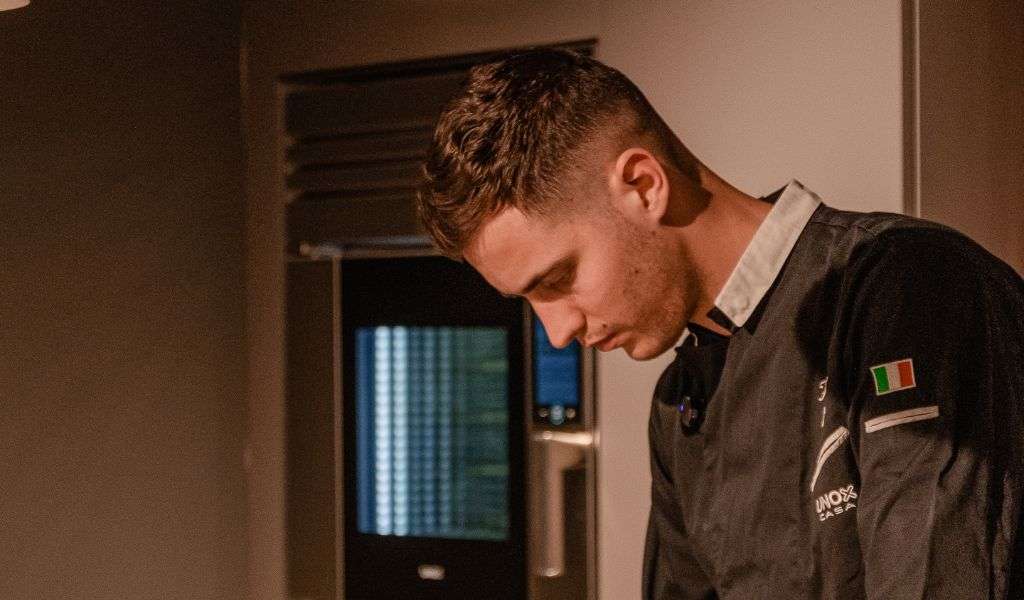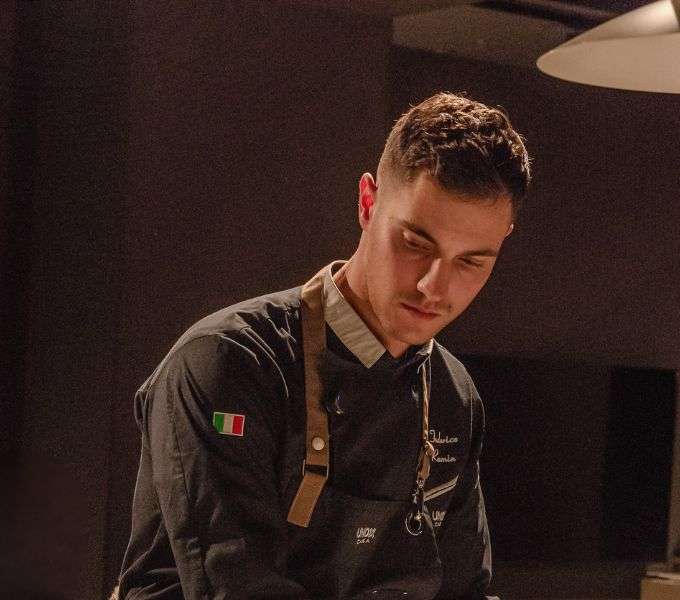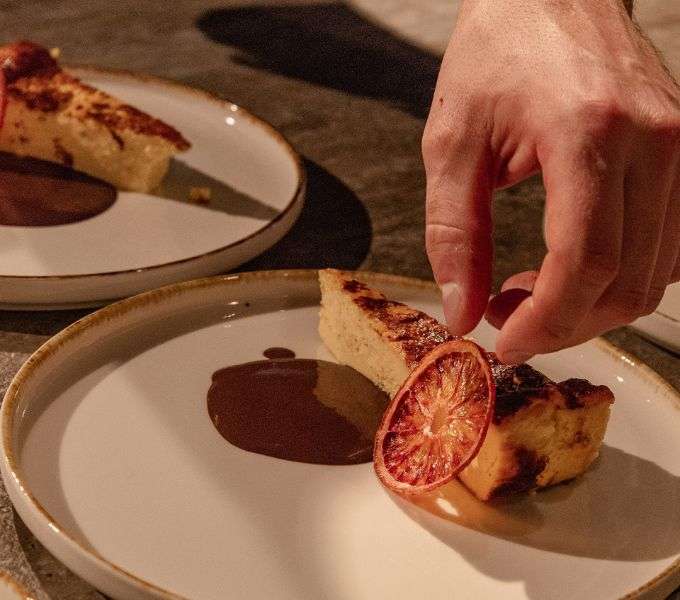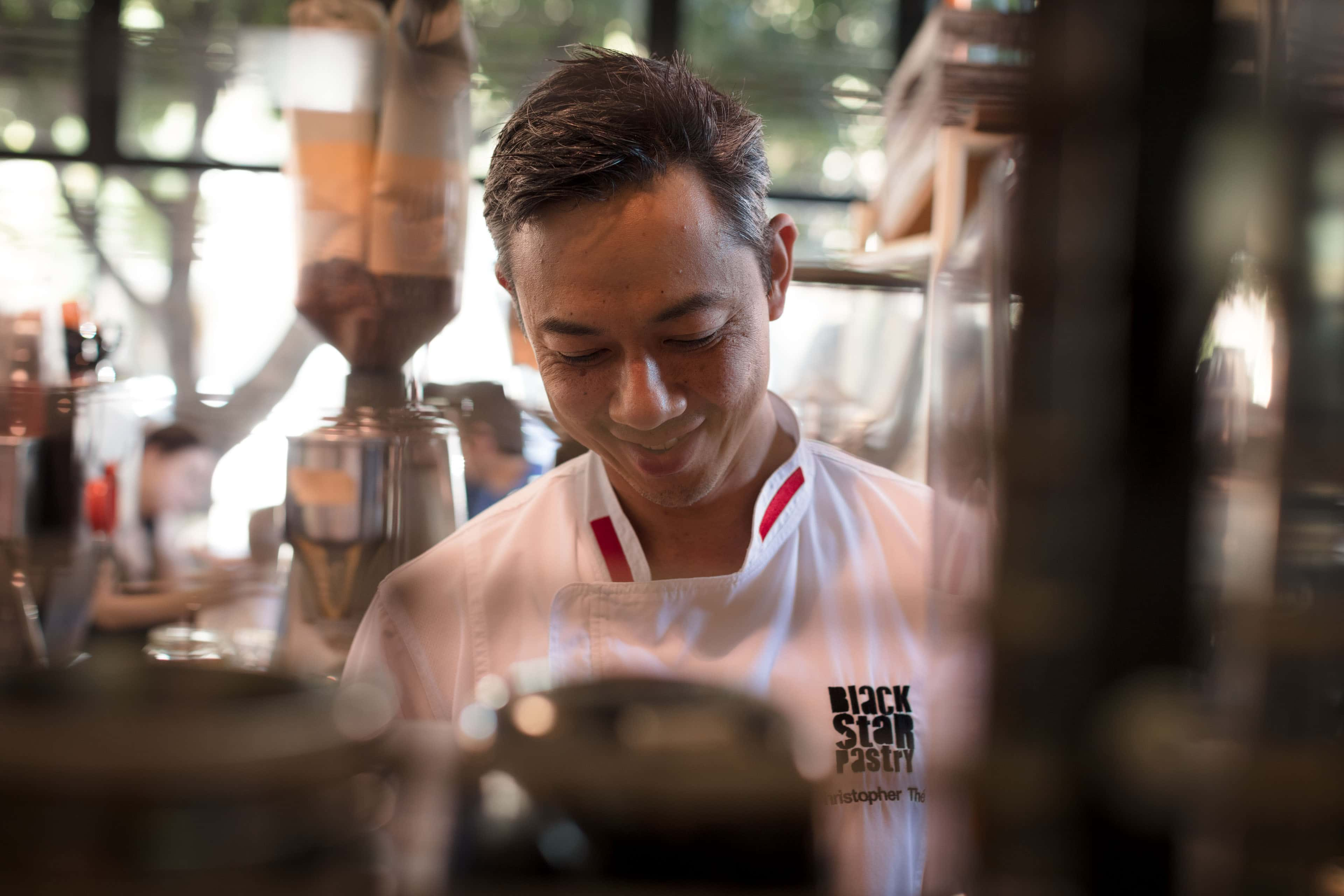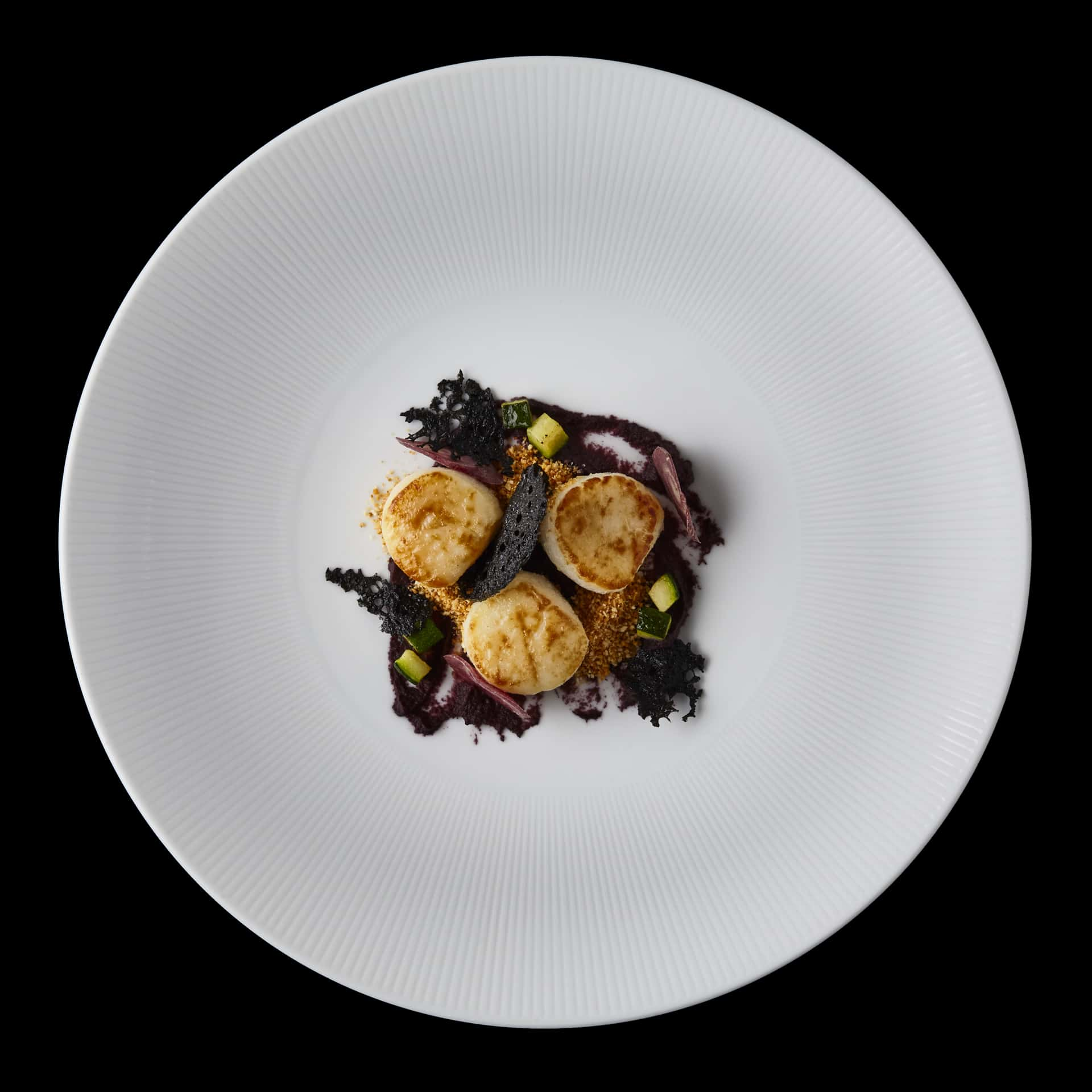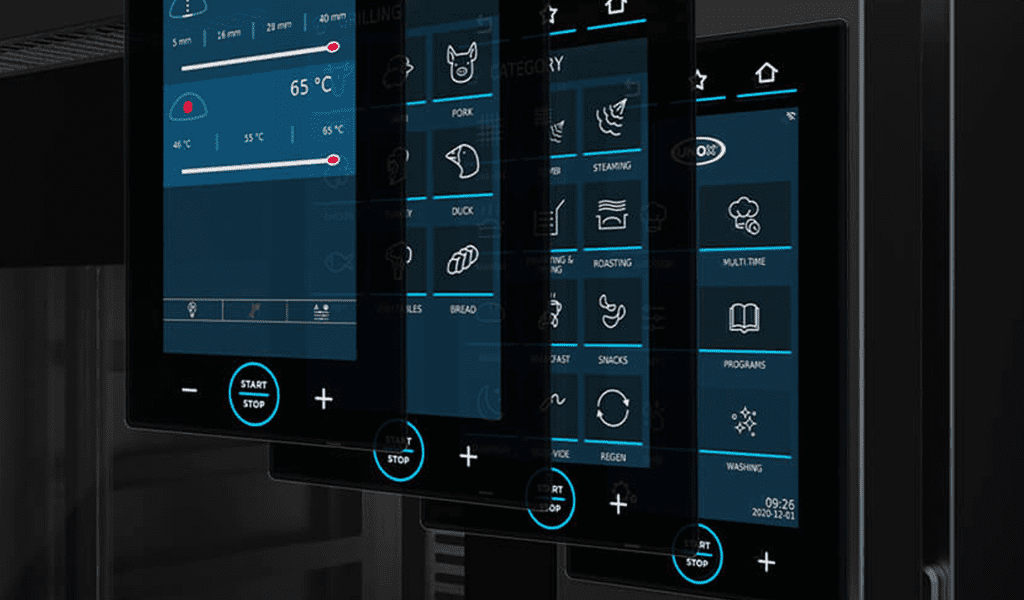From my point of view, absolutely: SuperOven is undoubtedly one of the pioneers in this field. Its strength lies in bringing into everyday kitchens tools that never compromise, delivering professional-level quality and performance even in a domestic setting.
In past years, we witnessed a period dominated by rampant consumerism, which led to a real “price war” and a drastic decline in the quality of kitchen tools and home appliances. The idea that, simply because one is not a professional chef, one should settle for substandard tools is nonsensical. On the contrary, investing in quality utensils ensures not only better performance but also longevity, thereby reducing waste and resource consumption. It is preferable to have a product that requires more resources to produce but lasts ten years, rather than a low-quality item destined to break after a few months.
For this reason, I consider the work of Unox Casa essential: bringing excellence and durability into home kitchens, dispelling the notion that “professional” quality is reserved only for restaurants.
As for the future of home cooking, I imagine increasing internationalisation: ingredients, techniques, and tools from different cultures entering our home. New generations, thanks to instant access to information, are less bound by rigid traditions, blending diverse culinary cultures and making them habitual and familiar.
Kitchen spaces will also evolve: what was once a small, secluded area will increasingly become the vibrant heart of the home - a shared, open space. An environment that does not separate but unites: as if every gathering were always a special occasion, when everyone comes together and the kitchen becomes the centre of life.

Listening to Federico, one gets the sense that his personal story and that of SuperOven are intertwined into a single narrative: a story of passion that refuses to compromise, always seeking a balance between innovation and authenticity. SuperOven is not just an appliance; it is a tool that restores dignity and power to the everyday act of cooking, allowing anyone to experience the kitchen with the same rigor and emotion as a professional chef.
The future of home cooking lies precisely in this: not in replicating what happens in Michelin-starred restaurants, but in bringing that same sense of authenticity and sharing into our homes. And if this future already feels within reach today, it is because tools like SuperOven remind us that true innovation does not take the soul from tradition - it elevates it.

